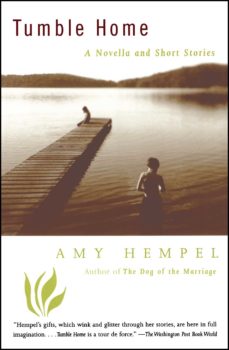Did you know that periodically, the French comb through their language and pick out interloping words? The Academie Francaise, charged with publishing an official (if non-binding) dictionary of French, intermittently posts lists of banned English words that have wormed their way into the French language. In previous years, the Academie has suggested banning “le email,” “le blog,” and “le fast-food.”
But this kind of linguistic purification isn’t just for the French. Lake Superior State University has come up with a list of banished words for 2012. Topping the list? “Amazing,” “baby bump,” and “shared sacrifice.” Other much-used words made it as well, including “ginormous” and even “occupy.”
Unlike the French banned-word list—where the main criteria is the Frenchness, or lack thereof, of the word—Lake Superior State’s banned words have more to do with the freshness of the words themselves. Each of the words on the list is criticized as being overused or otherwise diluted in meaning—a one-word cliche, if you will.
Interestingly, though, not everyone finds widespread use to be a bad thing: the American Dialect Society overwhelmingly chose “occupy” as its 2011 word of the year. Explained Ben Zimmer, chair of the organization’s New Words Committee:
“It’s a very old word, but over the course of just a few months it took on another life and moved in new and unexpected directions, thanks to a national and global movement,” Zimmer said. “The movement itself was powered by the word.”
So which is it? Is “occupy” being used in fresh, unexpected ways now? Or is it—as one nominator for the LSS list put it—“overused and abused even to promote Black Friday shopping”? Perhaps this gets at the limitations of lists like these: the problem may not be with the word itself, but in how it’s used.






